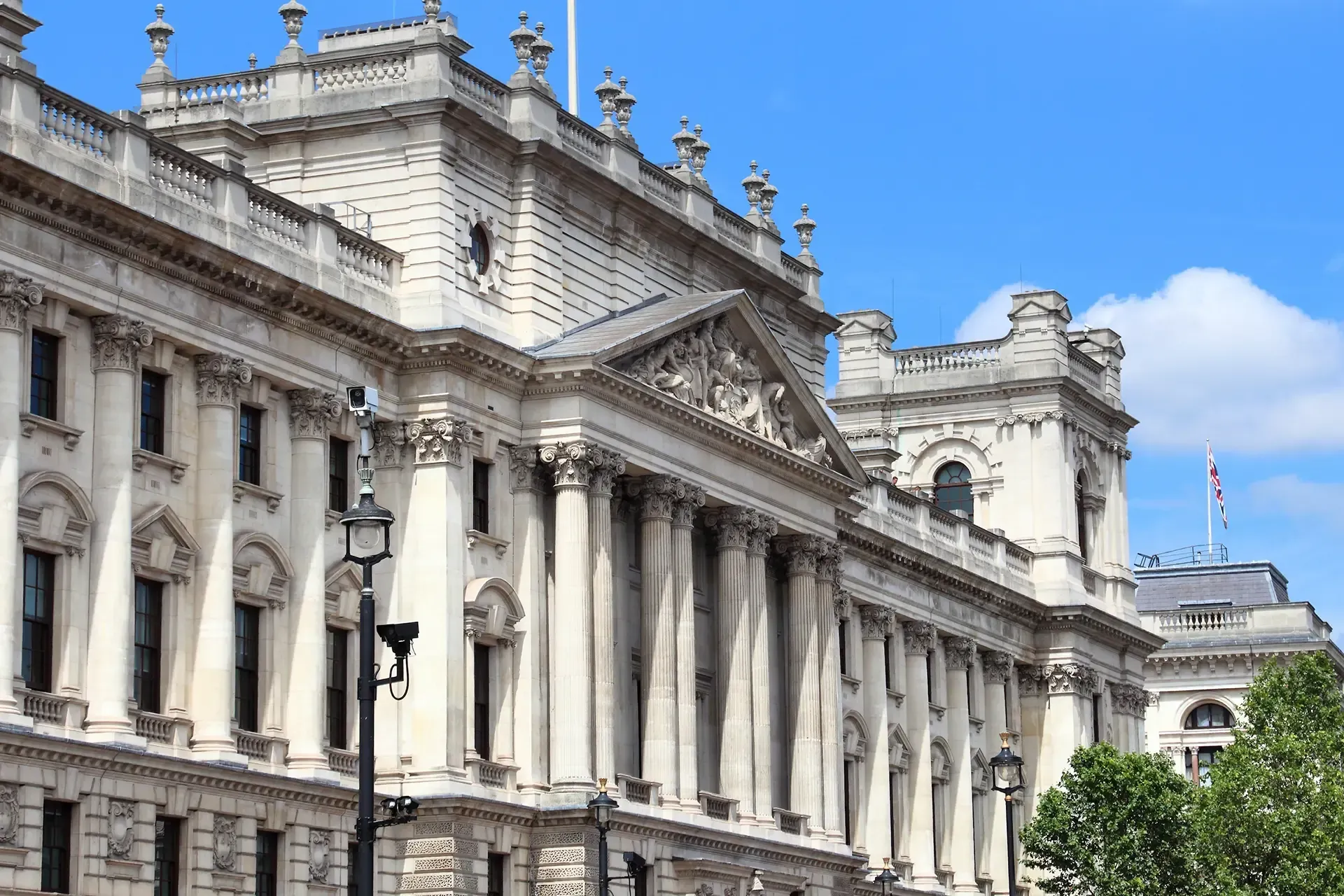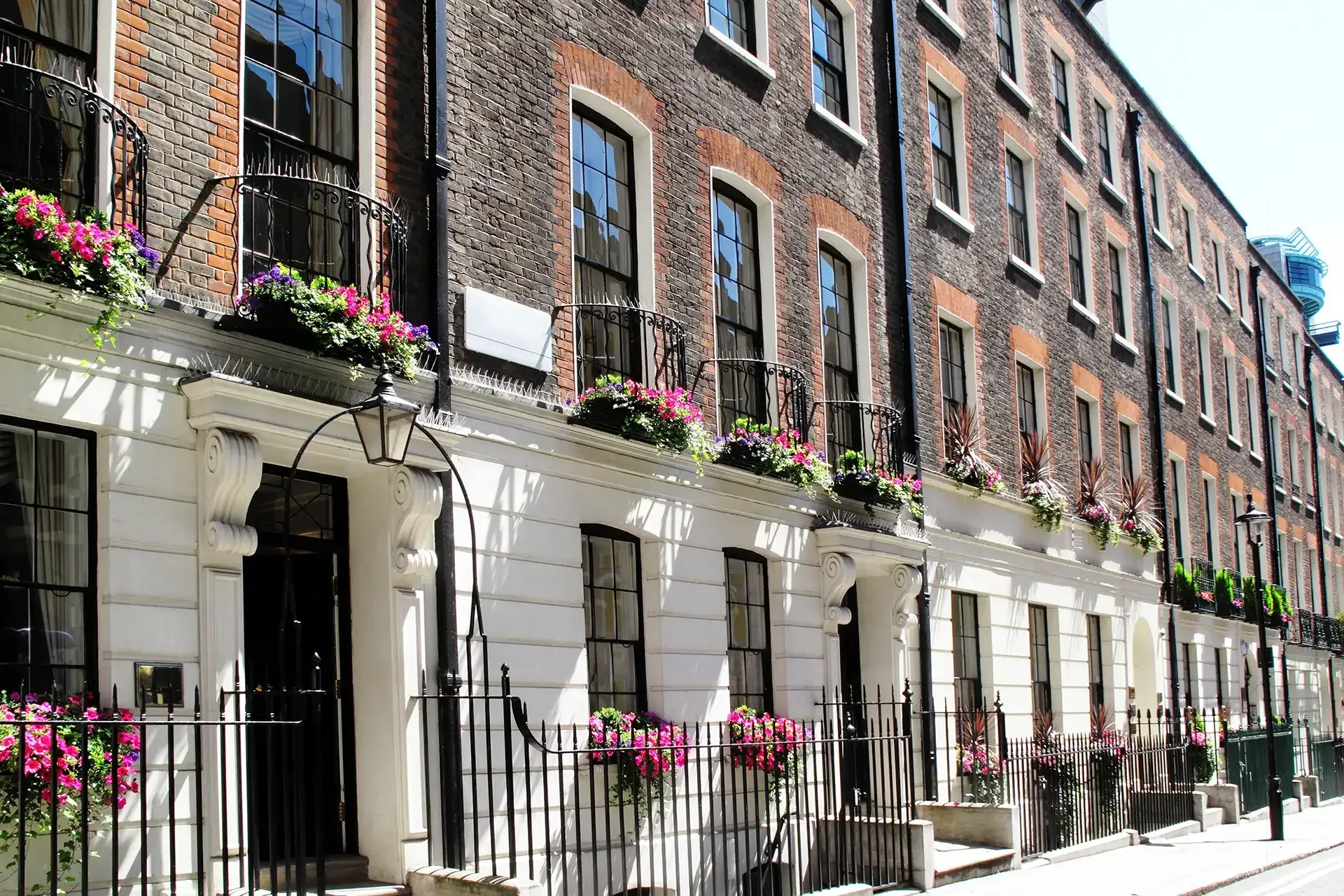By Reza Hooda
•
December 3, 2024
The Worldwide Disclosure Facility (WDF) is a program set up by HMRC to help people and businesses follow the rules for taxes on money from outside the UK. If you have income or money from other countries that you haven't told HMRC about before, this program gives you a chance to fix your tax situation and make sure you're following the law. Key Points: Worldwide Disclosure Facility Opportunity for UK taxpayers to tell HMRC about offshore issues they didn't report before Covers tax years up to and including 2022-2023 It gives you 90 days to tell HMRC everything after you let them know you want to use the facility Works for people living in the UK and those living elsewhere who need to pay UK taxes It could mean that you pay less in fines compared to if HMRC found out on their own What is the Worldwide Disclosure Facility? The Worldwide Disclosure Facility is a way for people and companies to tell HMRC about money or things they own in other countries that they should have paid UK tax on but didn't. This includes money from houses in other countries, money from investments abroad, and gifts or inheritances from people in other countries that you didn't tell HMRC about before. Who can use the Worldwide Disclosure Facility? The WDF is for anyone who wants to disclose a UK tax liability wholly or partly related to an offshore issue. This includes unpaid or omitted tax related to the following: Income arising from a source in a territory outside the UK Assets situated or held in a territory outside the UK Activities carried on wholly or mainly in a territory outside the UK Funds connected to unpaid or omitted UK tax that you have transferred to a territory outside the UK A common misconception that UK resident and non-domiciled taxpayers are unaware of is, that a UK tax liability arises on: Rental income from property located outside the UK If you’re not resident in the UK, you can still make a disclosure if you meet the eligibility criteria. The WDF may not cover 22/23 as you are still within time limits to submit an amended tax return (deadline is 31 January 2025). Why Use the Worldwide Disclosure Facility? Using the WDF can help you avoid bigger fines and possible criminal investigation that could happen if HMRC found out about your overseas money on their own. It's a way to be honest about your taxes from other countries and get back on track with what HMRC requires. It's ok to have investments in other countries, but not telling HMRC about the money you make from them is against the law. The WDF gives you a chance to fix this mistake and show that you want to follow the tax rules. How to Respond to HMRC Nudge Letter HMRC identifies those who need to make a tax disclosure and sends them a nudge letter based on data they have obtained. If you’ve received a nudge letter, HMRC has identified a potential issue in your UK tax affairs. Rather than ignoring this, it's best to seek advice from a tax professional to ensure compliance with your offshore tax affairs. We can assist you in finding irregularities in your offshore affairs before making a disclosure through the WDF. It’s important to seek professional advice and take careful consideration before responding to a nudge letter, as making a false declaration can lead to serious consequences. How Does the Disclosure Process Work? The WDF process has several important steps: Notify HMRC that you want to make a disclosure. This means letting them know you want to use the facility. To register, use the Digital Disclosure Service. You’ll need some key information such as your address, DOB, and National Insurance to notify and disclose. On receiving your unique Disclosure Reference Number (DRN), you must make your disclosure within 90 days after getting the notification acknowledgement. If your disclosure is prompted by a letter from HMRC, you’ll need to state this in the disclosure. Depending on your reasons for not disclosing your tax liability, the penalties will vary. If you’re unsure on the self-assessing behaviour option that applies, seek professional advice. Figure out how much tax, interest, and penalties you owe. You’ll need to disclose any unreported income or gains, as well as the associated tax, interest and penalties. You might need help from a professional for this part. Tell HMRC everything within 90 days of receiving the unique DRN from them. You need to include all the important information about your money and things you own in other countries. Offer to pay the full amount you owe or agree to the HMRC terms to pay it over time, using your Payment Reference Number (PRN). It's really important to be thorough, honest, and clear when you're telling HMRC everything. They can check the information you give them, and if you don't tell the truth or leave things out, you could get in big trouble. The 90-day window to tell them everything is strict, so start gathering all the information you need as soon as you decide to use the WDF. What Penalties Might I Face? If you’re not following offshore tax rules, HMRC takes this very seriously. However, if your disclosure is unprompted, you could reduce the penalties you are liable for. Your penalty amount is based on whether it was a mistake, if it was deliberate or not, and how long you didn’t follow the rules. The Benefits of Disclosing through the WDF Voluntarily sorting out your tax affairs can provide many benefits. HMRC prefers when you come forward rather than having to be tracked down by them. This can prove that you are responsible in your tax affairs. Also, you could potentially reduce the penalties by coming forward, and reduce the number of years assessed. What Should I Look Out For? When using the WDF, there are some important things to remember: Make sure to tell HMRC about everything - if you leave things out, you could get bigger fines and HMRC might investigate you more. Remember to include the interest you owe on unpaid tax when you're figuring out how much to pay. Think about getting help from a professional, especially if your tax situation is complicated or involves many countries. Be ready to show proof of everything to HMRC. This might include bank statements, investment records, and documents about properties you own. Remember that HMRC can look into your finances from up to 20 years ago for serious cases. Know that if you didn't follow the rules on purpose, you could be in really big trouble. Being honest when you use the WDF can help avoid this. If you're not sure about anything when using the WDF, it's a good idea to ask a tax expert for help . They can guide you through the process and make sure you're doing everything right. Conclusion The Worldwide Disclosure Facility is an important tool for people and businesses who need to fix their offshore tax situation. While it might seem scary to tell HMRC about money or gains you didn't report before, using the WDF is usually much better than risking HMRC finding out on their own. It's worth knowing that many countries now share financial information automatically, so it's much more likely that HMRC will find out about offshore money that has yet to be reported. It's important to know that telling HMRC everything can be complicated, especially if you have money in different countries. In these cases, it's a good idea to get help from a tax professional to make sure you're telling HMRC everything they need to know correctly. At Walji, we can offer specialist advice on your tax affairs and help you with your disclosure. To apply for a callback, please fill in our contact form and we’ll be sure to get back to you.


